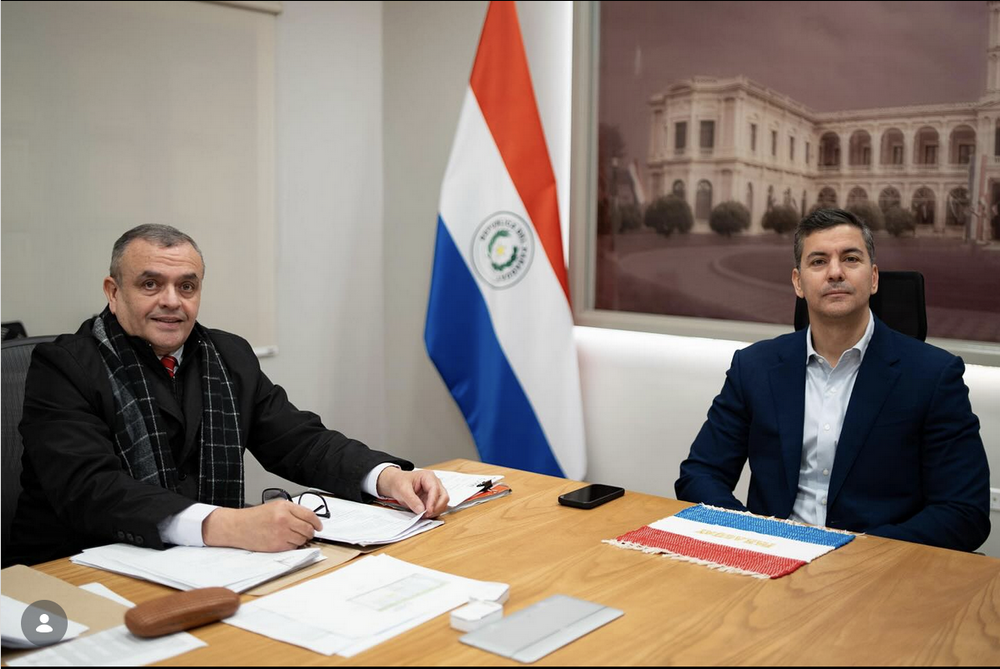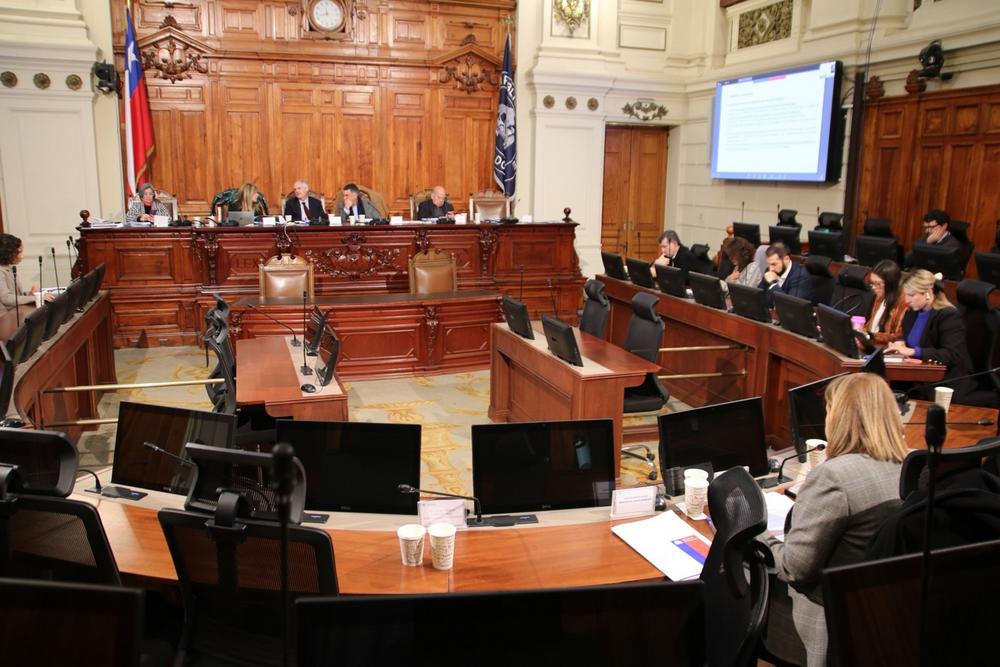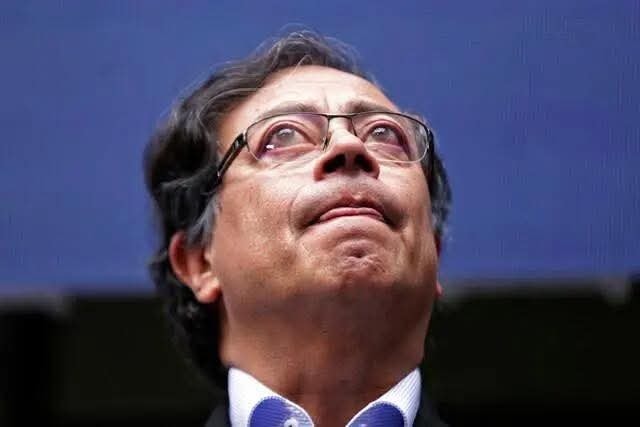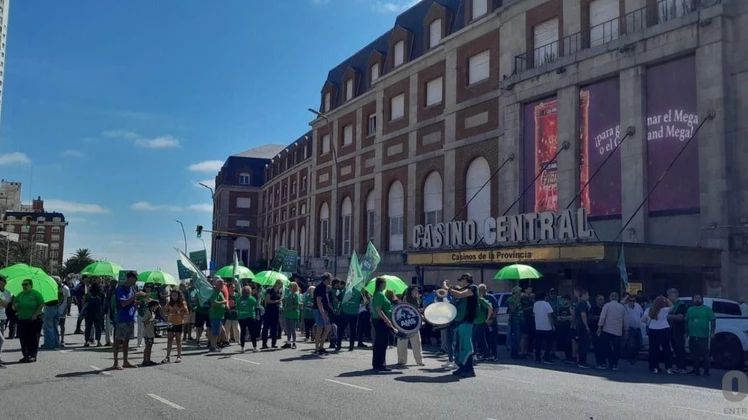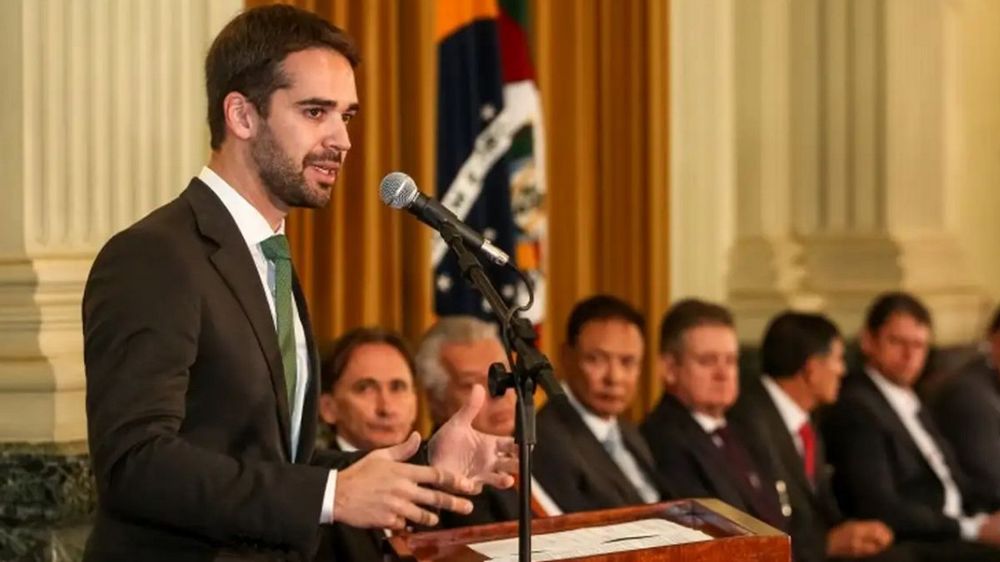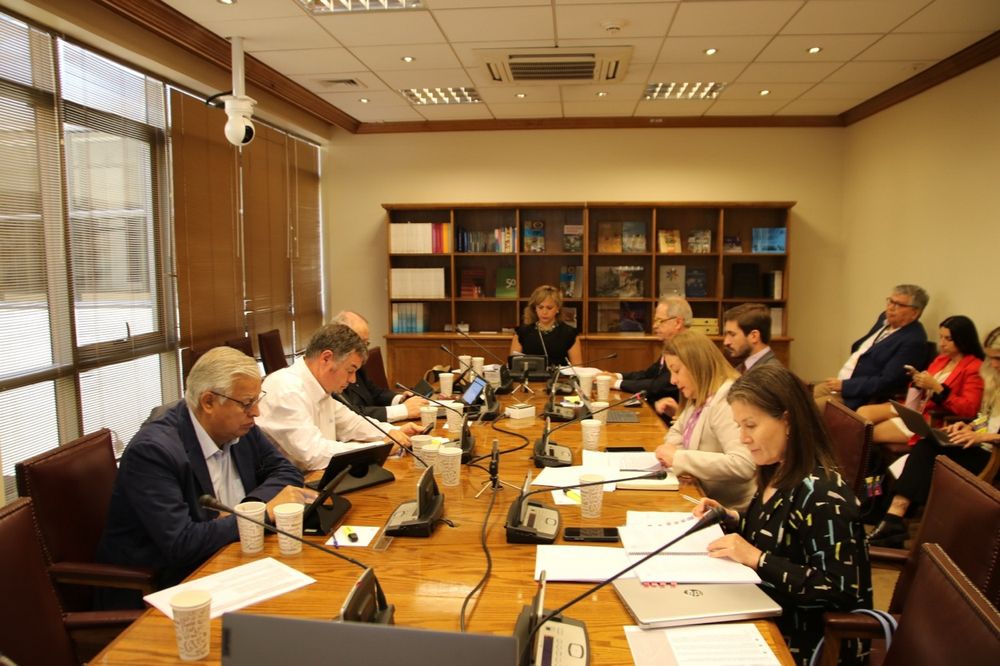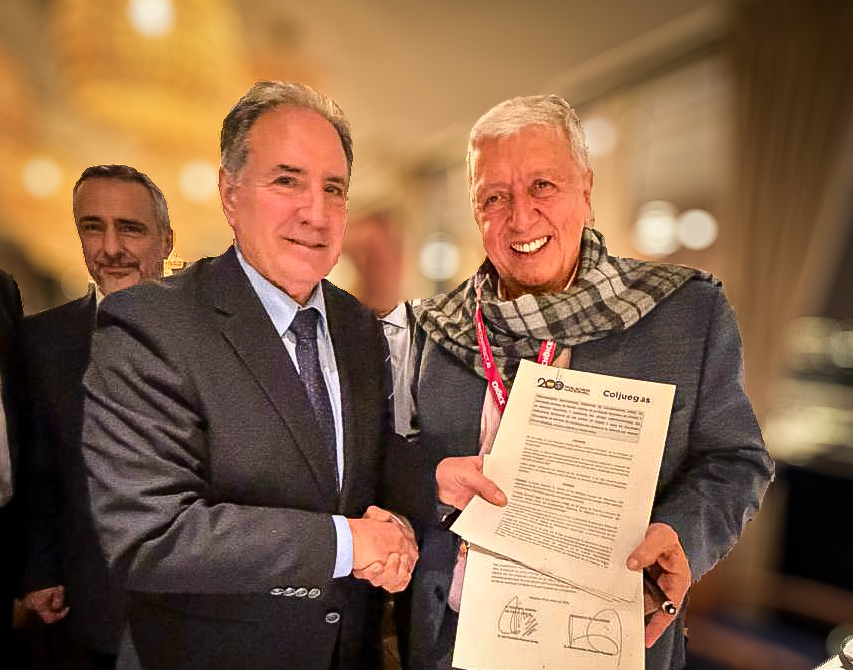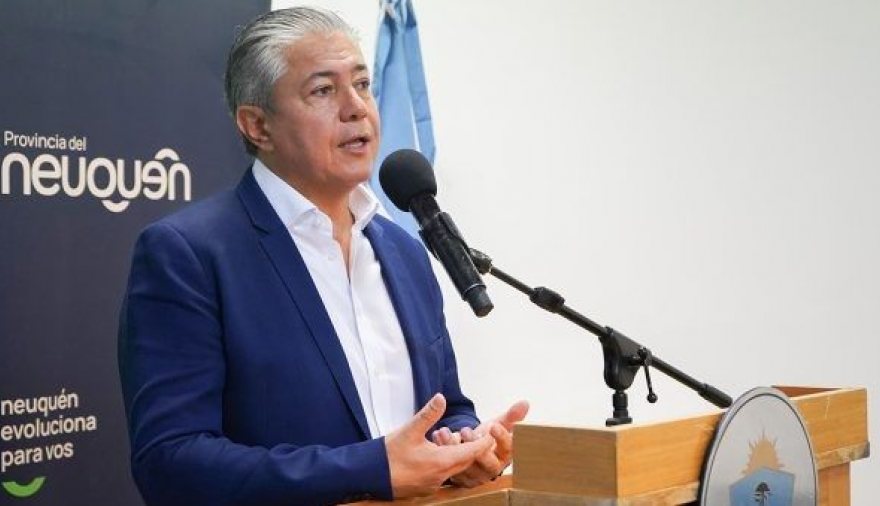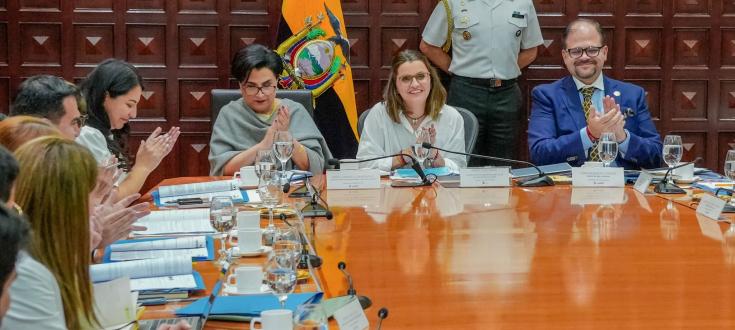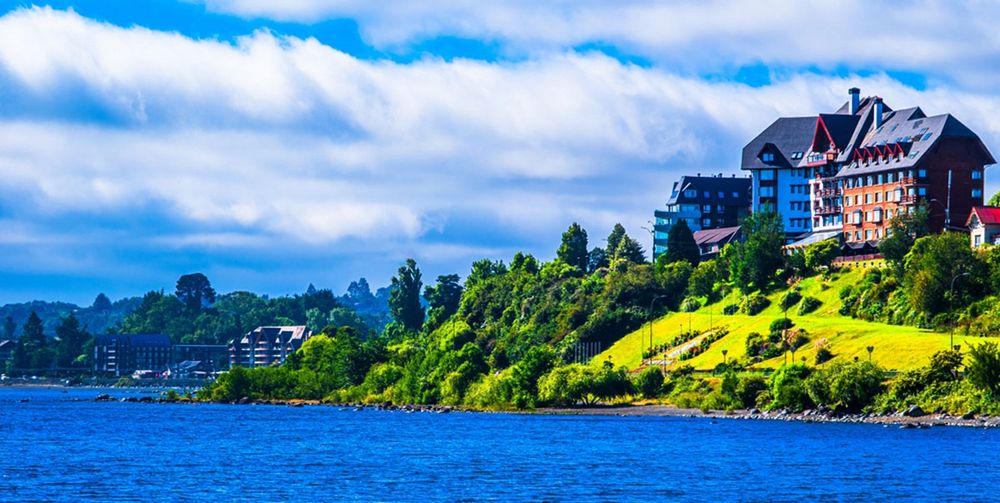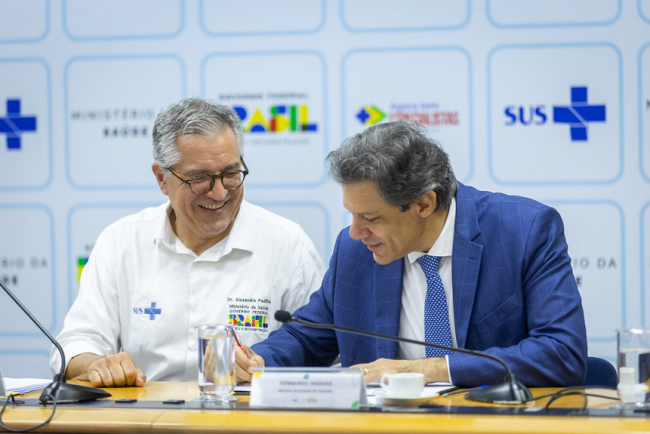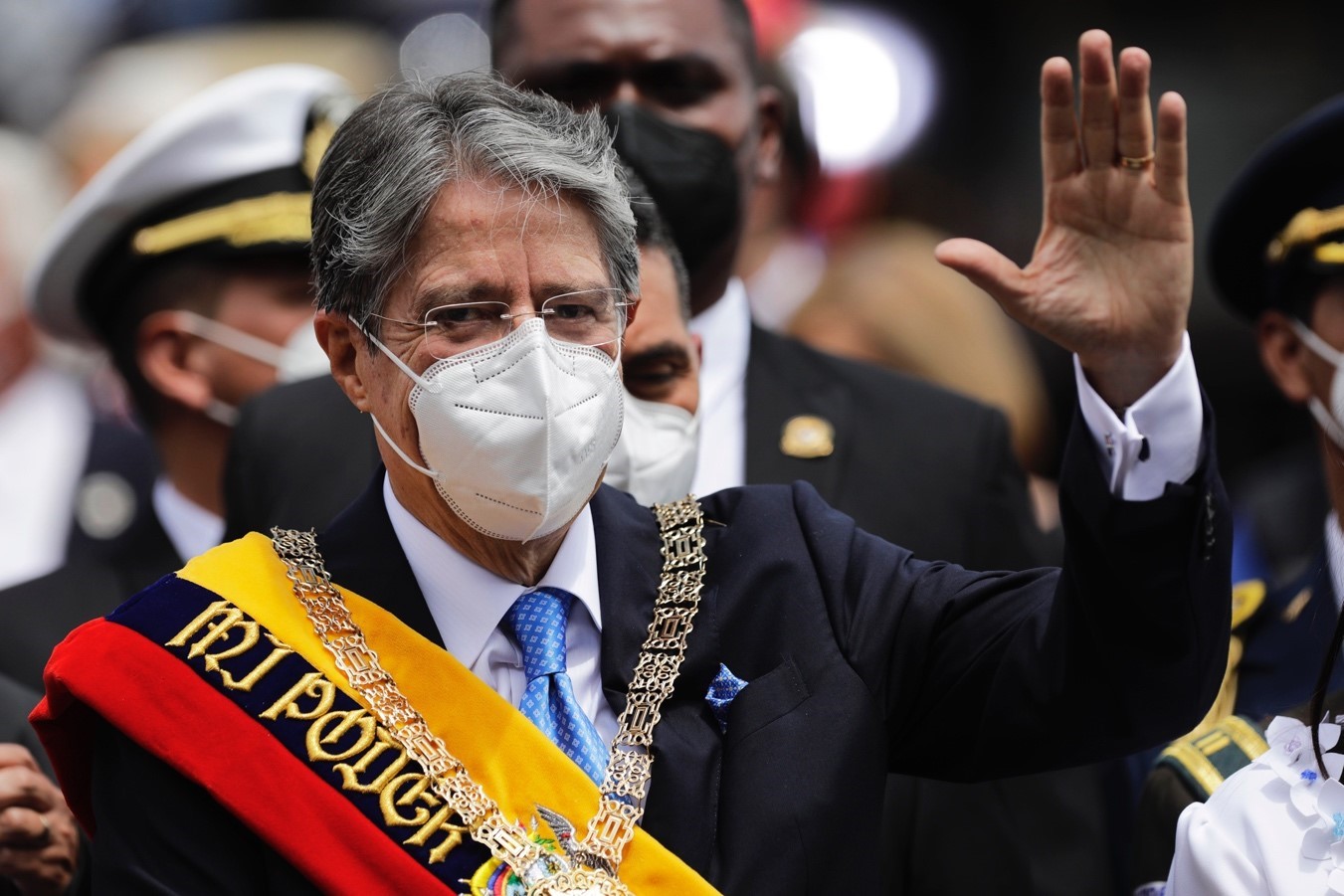Statements by Ecuador's new president, Guillermo Lasso, have raised hopes that the new government will consider re-legalizing casinos, among a series of measures intended to help the national economy overcome the impact of the coronavirus pandemic.
Following his inauguration in May, the media in recent weeks have focused on pro-casino comments Lasso made in July last year during an interview with the new tourism minister, Niels Olsen Peet.
"I think it was irresponsible to close the casinos, leaving the operator of the business bankrupt and many Ecuadorian families without work. People are still interested in going to the casinos, a person can buy a ticket to Peru and spend the weekend gambling in Lima. But the money they spend leaves the country, and this is detrimental to Ecuador" he said.
Lasso also pointed out that illegal gambling continues to be a problem as a consequence of the prohibition. Players "end up gambling clandestinely," he added, and the situation has also led to an increase in institutional corruption.
Norman bock, president of the Quito Metropolitan Hotel Association, argues that providing operators with legal security will be a key component in successfully reviving the gambling industry:
"If casinos have the security of legal stability and their rights and investments are respected in the face of any subsequent decision by the Executive, it is certain that foreign investors will return to Ecuador. A casino represents an important investment and the arrival of new players to the market will help the hotel sector, which is currently in the middle of the worst crisis in its history", he said.
Before former president Rafael Correa's 2011 ban, regulated casinos had been operating in Ecuador since 1949.
"In my opinion, the re-legalization of casinos would help promote domestic tourism and, at the same time, attract more foreign investment to Ecuador. Before Rafael Correa's government, the casino industry in Ecuador was well established and quite successful. The decision to close the casino was a blow to those employed in the sector, as it meant the loss of 211,000 jobs, in addition to the business impact on hotels, a significant number of which had previously offered casino games," said Andres Padilla Gallegos, a researcher and professor of tourism at the Peninsular State University of Santa Elena.
With an unemployment rate of 8.9% in 2020, Lasso has pledged to create 2 million new jobs during his administration, and the reintroduction of casinos and bingos could contribute to that
"The presence of casinos inside hotels could contribute to the gradual reactivation of the tourism sector in general and could help attract visitors from other countries in the region, such as Peru, Colombia, Chile and Argentina, following the resumption of international travel. It should also be noted that most tourism in Ecuador is domestic. Before the gambling ban there was a great demand of Ecuadorians for casino games, so the re-legalization of casinos could help the recovery of domestic tourism", continued Padilla.
However, constitutional lawyer André Benavidez suggested that the relegalization of casinos is not as simple as simply passing new legislation and would require a new referendum on the issue. "According to Article 106 of the Constitution, the public pronouncement is binding," he explained.
In recent years, pressure groups have raised the possibility of holding referendums to allow the return of casinos to specific regions of the country, especially in the province of Santa Elena. In 2019, the former mayor of Quito, Jorge Yunda, similarly proposed holding a referendum on the return of casinos to the capital as a way to boost tourism.
However, this proposal was blocked by the country's Constitutional Court, which considered that to re-legalize gambling it would be necessary to change the law at the national, not regional, level. Although this decision has been appealed, it appears that any move towards re-legalization will have to be coordinated by the country's central government.












